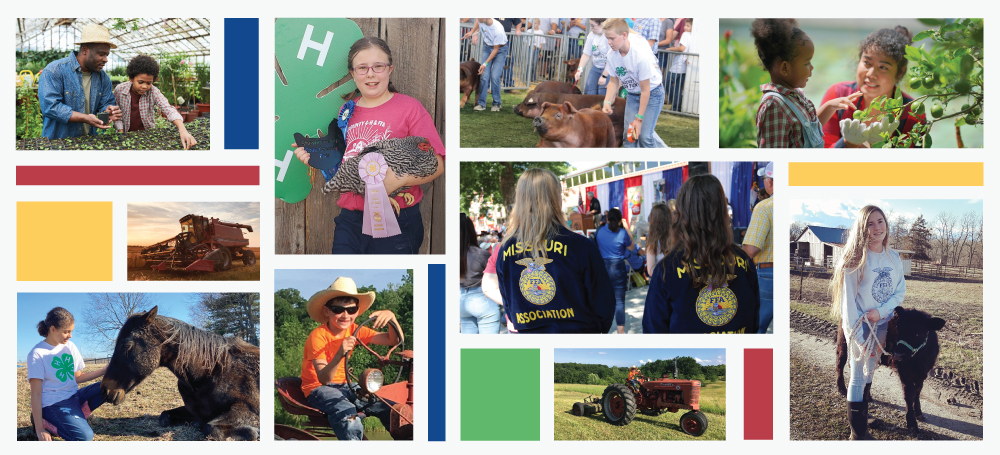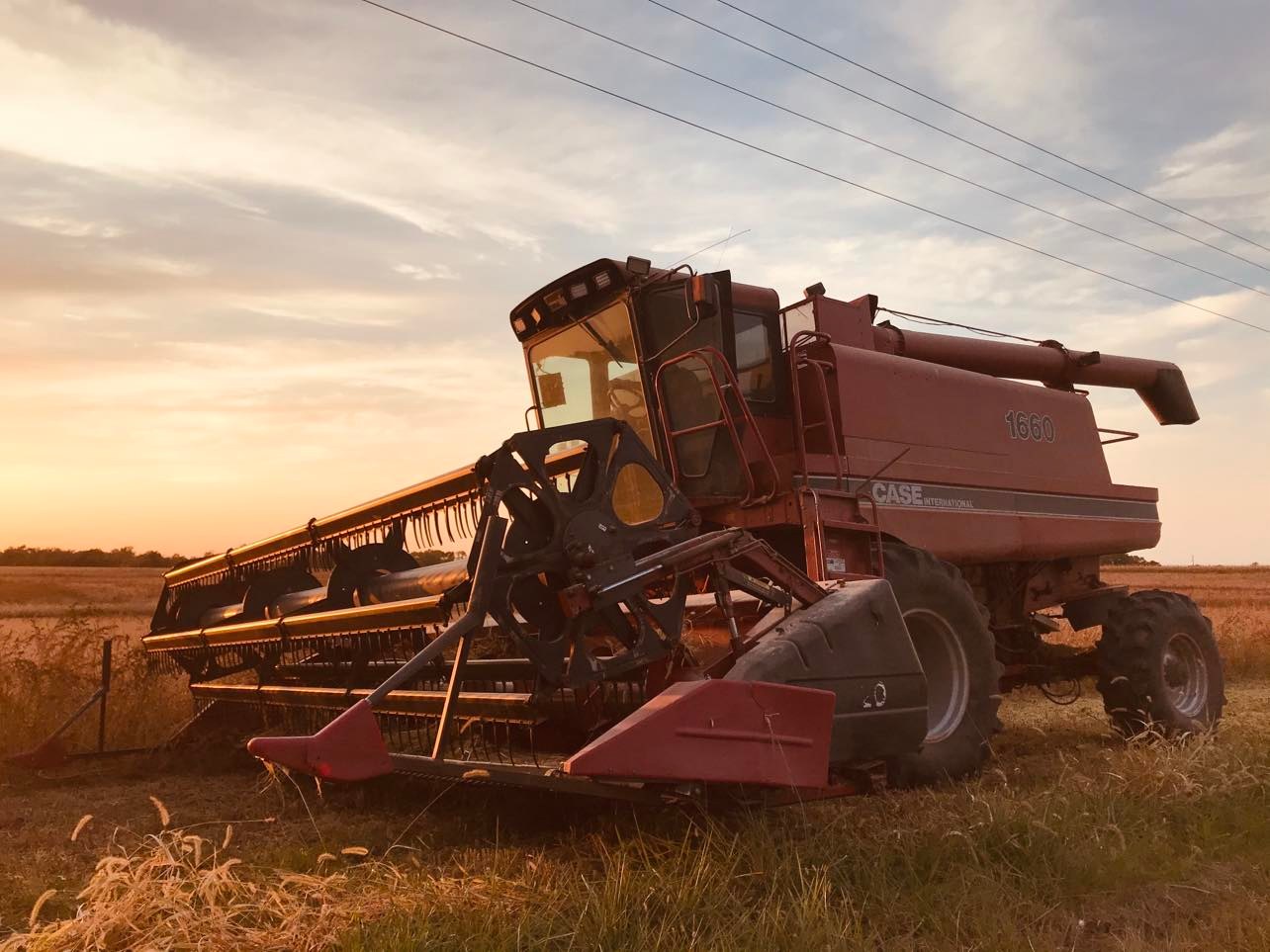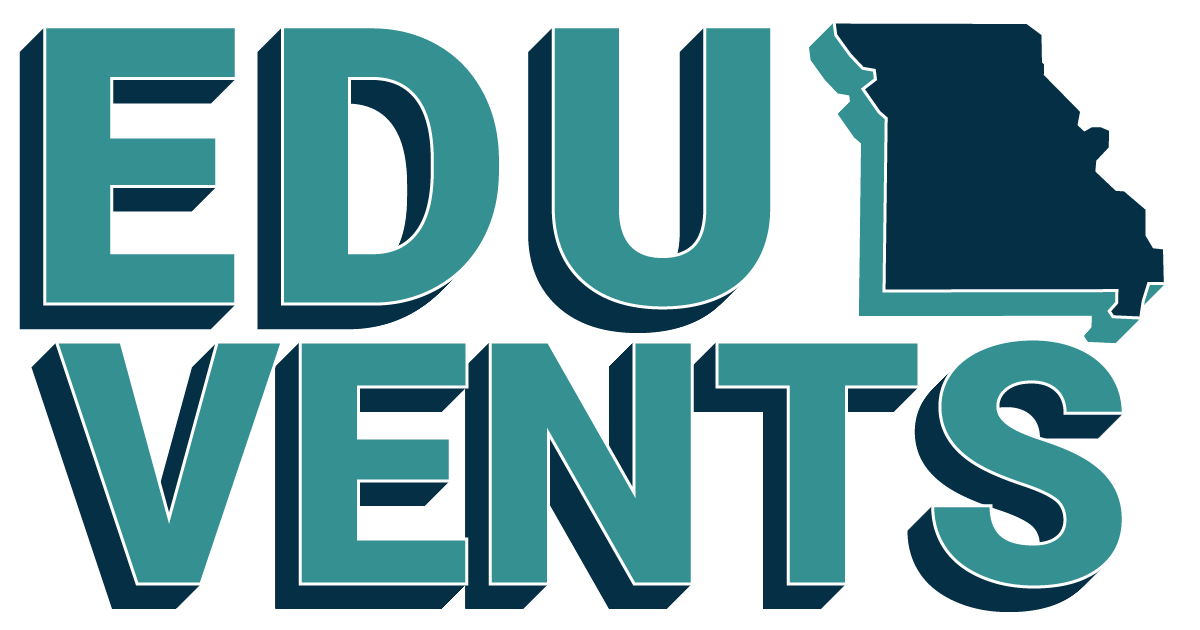EQUITY SUMMIT 2023
CALL FOR PRESENTATIONS & PROPOSALS

2023 Theme
Advancing Innovation in Rural Education: An Equitable Approach
The Missouri Department of Higher Education and Workforce Development envisions a collaborative effort between the state and institutions of higher education to deliver equitable outcomes for rural students. As a part of the state’s effort to increase degree attainment amongst Missourians to 60% and workforce participation at 70% by 2030, a focus on rural education is imperative. Developing partnerships, fostering community, exploring innovative practices for rural pedagogy, and initiating teacher education programs to serve high-need occupations are the key topic tracks for our Summit.
Linking positive practical action, sharing ideas and evaluated approaches, and exploring research findings are common elements that offer opportunities for learning and for you to engage with scholars at the forefront of their fields. Our two-day virtual conference will offer synchronous participation in workshops, featured speaker sessions, and trend topics. In addition, the sessions will be recorded and made available On Demand for those unable to participate in the conference.
Topic Tracks
The session proposed should align with one of the four topic tracks.
Topic tracks allow attendees to make intentional choices on where to focus their energy and which sessions to attend to make for a productive conference experience.
Fostering a Community-Centric Culture in Rural Education
Education Programs to Serve High-Need Occupations for Rural Educators
Developing Partnership Opportunities for Rural Students
Exploring Innovative Practices in Pedagogy for Rural Education
Opportunities for Engagement

Duration: 90 Minutes (Two 45 Minute Sessions)
Capacity: Unlimited
Location: Virtual
Time & Date: Afternoon, November 7
Duration: 90 Minutes
Capacity: Unlimited
Location: Virtual
Time & Date: Morning / Afternoon, November 7 & 8
Duration: 20 Minutes + 10 Minute Q&A
Capacity: Unlimited
Location: Virtual
Time & Date: Morning / Afternoon, November 8
Sample Topics of Interest
How Research Informs Rural Practice
Broadband Access and the Digital Divide
The Power of Place
Innovations for Rural Schools
Fostering Apprenticeships and Micro-Internships
School Boards and Local Governance in Rural Education
Technology Accessibility
Resource Allocation for Rural Education
Technology Accessibility
Resource Allocation for Rural Education
Assumptions about Rural Education
Demographic Shifts and Re-Alignment of Growth
Philanthropy
School and Community Partnerships
Options for Teaching in Multi-Grade Contexts
New Rural Narratives
Rural Community Ethos and Culture
Education Policy and Administration
Rural Advocacy
Teacher Education: Grow Your Own Programs
Higher Education
Education Practice Trends and Issues
Teaching Materials and Courseware Construction
Education and Research Management
Educational Measurement and Evaluation
Rural Pedagogy
Assessment, Measurement and Evaluation
Computer Aided Assessment
Distance Learning
Environmental Education
ESL / TESL / TESOL
Ethical Issues in Education
Interactive Learning
Minority Psychology
Social and Cultural Inclusion
Music Education
Vocational and Professional Education and Training (VPET)
Critical Thinking and Competency Training
Technology-Based Education
Creative Pedagogy
Educational Statistics
Inclusive Education
Nurturing Creativity
International Education
Education Innovation
Collaborative Learning
Sample Annual Conference Schedule
Currently in design and subject to change
Tuesday, November 7
8:30 – 9:00 a.m. – Opening Session
9:00 – 10:30 a.m. – Workshop Session 1
10:30 – 10:45 a.m. – Break
10:45 – 12:15 p.m. – Featured Speaker Block 1
12:15 – 1:00 p.m. – Lunch Break
1:00 – 2:30 p.m. – Workshop Session 2
2:30 – 2:45 p.m. – Break
2:45 – 4:15 p.m. – Featured Speaker Block 2
Wednesday, November 8
8:30 – 9:00 a.m. – Opening Session
9:00 – 10:30 a.m. – Workshop Session 3
10:30 – 10:45 a.m. – Break
10:45 – 12:15 p.m. – Featured Speaker Block 3
12:15 – 1:00 p.m. – Lunch Break
1:00 – 2:30 p.m. – Workshop Session 4
2:30 – 2:45 p.m. – Break
2:45 – 4:15 p.m. – Featured Speaker Block 4
Proposal Recommendations
- Focus the speaker biographical information to include experience relative to the topic of the presentation. Reviewers are interested in Presenter qualifications relevant to the specific topic, not a general CV.
- Identify ONE topic area for the program committee to be able to balance the conference.
- Draft an abstract that is clear and concise. Add a description of the presence. Know the abstract will be made available to conference attendees to help them select their schedule for the event.
- Submit a program description that is clear, well organized, and grammatically correct. It is helpful to include a statement on how the topic is important to disability, LGBTQIA+, or Latinx resources or practices in higher education.
Proposal Submission Deadline
All proposals are due no later than JUNE 5, 2023 .
Proposals recieved after that date will only be considered as needed.
Application Deadlines
April 1: Call for Proposals Opens
June 5: Call for Proposals Closes
July 15: Notice Emailed to Proposers
July 25: Session Date & Time Emailed to Presenters
August 15: Deadline to Submit Edits to Session
October 15: Handouts or Slides Uploaded to Conference Coordinator
November 7 & 8: Virtual Conference
Proposal Expectations
MDHEWD accepts proposals with the following set of expectations:
All presenters shall demonstrate expertise on proposed content.
Topics are forward thinking, bold, and challenging.
Presenters are required to provide handout materials on session content for accessibility and post-conference display.
All materials and presentations must be available in ADA accessible formats:
- Microsoft Word, PowerPoint, Adobe Acrobat all provide an Accessibility Checking feature, which verifies your content against a set of rules that identify possible barriers for people with disabilities.
- All handouts and slides must PASS the Accessibility Checker.
- Slides must be uploaded to the Conference Coordinator by August 15, 2023.
Evaluation & Selection
The MDHEWD Equity Committee will evaluate proposals on the following criteria:
- Alignment with Conference Themes & Constructs
- Clarity and Relevance of Topic
- Content Appropriate for Length of Session
- Innovative Approaches Offered
- Accuracy and Completeness of all Required Information
- Accessibility for Conference Participants
- Viable Takeaways for Session Participants: Goal Setting Opportunities or Directives
Video Recording
The Virtual Conference will record all sessions for on-demand access after the conference for a time not to exceed 24 months.
Ready to Submit your Proposal?
Please submit the following items by email to eduvents@dhewd.mo.gov before June 5, 2023
- Identify one Topic Area you wish to present. (Example: Rural Advocacy)
- Presenter biographical paragraph, including experience relative to the topic they are presenting on.
- Program / Presentation Abstract – include description of presentation, trend talk, or workshop session. Clearly identify how your session ties in with the conference theme of Rural Education. Identify how your presentation will employ visual aids or graphics. If presenting a workshop, offer detailed agenda for the session, how you will incorporate interactivity in a virtual environment, and outcomes of the session. Be as explicit as you are able, to give the committee a strong sense of what the session will accomplish.
